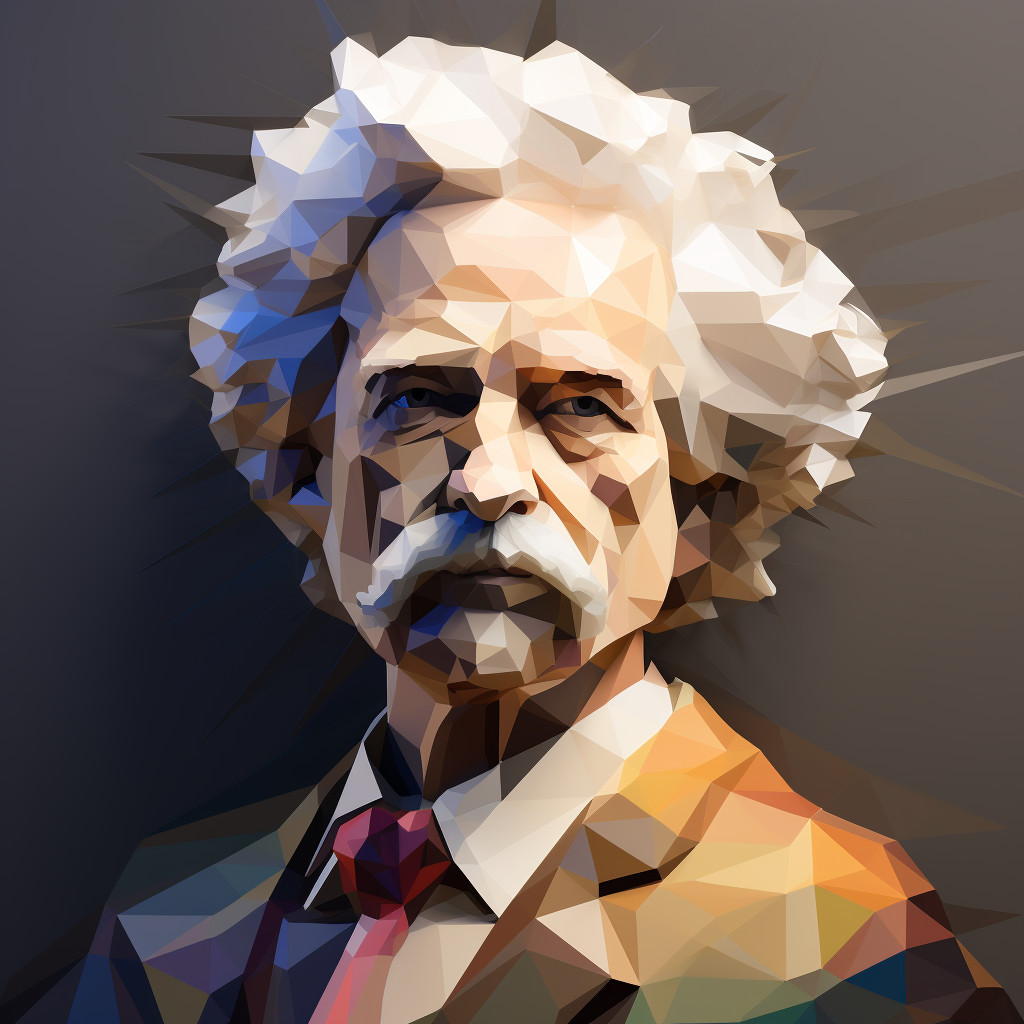This quote suggests that happiness is a highly individualistic and subjective state. It means that each person has their own unique definition of happiness, and that it is essential for one to create and exist in their own version of ‘heaven’ or ideal state of contentment to truly be happy.
The phrase ‘own heaven’ here is symbolic of personal satisfaction and fulfillment. It implies that happiness cannot be achieved by living according to societal standards or other people’s expectations. Instead, it is about understanding and pursuing what personally brings joy and satisfaction. This ‘heaven’ is not a physical place, but rather a state of mind or a condition of life that one finds deeply satisfying and fulfilling.
In today’s world, where people often chase after societal standards of success and happiness, this quote is particularly relevant. It reminds us that true happiness is not about conforming to societal expectations, but about understanding and pursuing our own unique passions and interests.
In terms of personal development, this idea encourages introspection and self-awareness. It suggests that to be truly happy, we need to understand ourselves better, identify what truly matters to us, and strive to create our own ‘heaven’ or ideal state. This could mean pursuing a passion, investing in relationships, seeking personal growth, or whatever else brings us personal satisfaction and joy.
In essence, this quote is a call for authenticity and individuality in the pursuit of happiness. It suggests that happiness is not a one-size-fits-all concept, but a deeply personal and individual journey.




